In the fall of 2001 things really came apart. It was then that I was hospitalized with Pneumocystis Pneumonia and received an AIDS diagnosis. I had 48 t-cells and a host of health problems. When my family discovered that I was too unsteady to walk more than a few steps, too confused to balance my own checkbook and too weak to give myself a bath, they stepped in and through an amazing work of love and logistics, moved me, my cats and worldly possessions from Indiana to my parents' home in Massachusetts.
By November I had started what was then called Highly Active Antiretroviral Therapy (HAART), taking Combivir at exact 12 hour intervals and Sustiva at exact 24 hour intervals. My waking hours were spent: 1) eating everything in sight as I worked to reverse my AIDS wasting syndrome, 2) taking my HAART precisely as prescribed, 3) coping with the side effects of the HAART which included hair loss, anemia, nightmares and nausea and 4) lying absolutely still and willing myself not to vomit up all of that food and HAART. So when one of my home visiting nurses assured me one afternoon, "You will get better. You'll see. We will have you running marathons," I was at a loss for words. I decided that either I had misheard her (something that was all too easy to do with dementia) or that she was a bit delusional.
But I started to hear that phrase, "we will have you running marathons," from more members of my medical team, including my dietician and my HIV doctor! Now, with the benefit of hindsight, I understand that back then HAART was a relatively recent innovation and that my team's optimism stemmed in part from how many patients were brought back from the brink of death, a phenomenon known as the Lazarus Effect. They were confident that HAART would bring me back as well. History also reveals that their fixation on marathoning and people with AIDS running marathons stemmed from the growth of the National AIDS Marathon Training Program. This program trained both HIV negative and HIV positive people to run marathons to raise money for AIDS organizations. I didn't know any of this at the time, though, so I just listened politely and continued to think that collective delusion was in the air.
By April of 2002 I entered my sixth month of recovery from AIDS and was not much closer to running marathons. My CD4 count hovered stubbornly at 232, my CD4/CD8 ratio was abysmal, I was unhealthily skinny and still weak enough to require a toddler-sized nap every afternoon. Despite these challenges, I was feeling optimistic about the future. "Why in the world would she?" You are probably asking. Well, for one thing, I continued to maintain an undetectable viral load, so even if my cd4 count remained low, I knew that the drugs were still working. For another, I was getting stronger and was able to go on increasingly longer walks with my mother. Most importantly, my hair, which had thinned and fallen out when starting HAART, had now grown back to a lustrous, wavy thickness. This was long before I put on the Quaker bonnet, so I was very self-conscious about my hair, believing that its scraggly patchiness marked me as a sick person.
That April, equipped with of a full head of hair, I began to accompany my parents on outings. These included highly valued New England traditions such as pancake breakfasts, spring cleanups, the Patriot's Day parade and the Boston Marathon. I was especially excited about witnessing the marathon, given those not so subtle prodding from my health care team.
I went with my parents to their friends' annual brunch to cheer on the runners of the Boston Marathon. Their house was located right on Commonwealth Avenue in Newton, about two thirds of the way through the Boston Marathon Route, a distance far enough from the finish line to assure only a few spectators, but also near enough that the front runners of the race were now apparent.
The first few runners—Rodgers Rop, Christopher Cheboiboch, Fred Kiprop and Mbarak Hussein glided past us with that frictionless grace rare to world class athletes. They were followed by other elite runners. As we moved fifteen, then thirty, then forty minutes into the pack, the runners became more plentiful, sweatier and red-faced. As the number of runners increased and the cheering grew louder, my senses began to overload, something that happened quite easily as a result of Sustiva's impact on my central nervous system. I closed my eyes and slipped into my other senses, hearing the sounds of the marathon, smelling the sweetness of the spring air and feeling the vibrations of the applause and the runners feet, pattering endlessly along the pavement. All other sensory information fell away as I focused down on the feeling of all of those marathoning feet. In a split second I felt all of the training, support, coaching, determination and self-discipline that got those feet to this moment and at this place, about to enter the final kick up Heartbreak Hill and onward to the finish line. With this understanding I shuddered at the notion of ever running any kind of marathon and snapped back into the world by opening my eyes to the rush of marathoners and cheering crowd.
When I started ARVs in 2001, my medical team and I thought there would be a cure by now. I could not even envision being alive for more than a few years, given how sick I had been and the absence of long-term research on HAART. Truthfully, I am not sure they envisioned much of a future for me, either. Yet it is now 2014 and I have been on HAART, which is now called more simply ART (Antiretroviral Therapy) for over 12 years. By every measure, I am an AIDS success story. My CD4 count now hovers at around 1400 and I have a normal CD4/CD8 ratio. My organs, bones and intellect are all still intact, indicating that my body is tolerating all of that long term ART. I met and married the love of my life, Lisa. I got off of disability and now teach, research and publish on HIV/AIDS and other health related issues. I am much stronger physically, emotionally and spiritually than I was all those years ago. Along the way I have had drug side effects, some minor and some quite severe, but have been able to manage them through diet, exercise, supplements and, when necessary, careful switches to different antiretroviral medications.
While today's ART regimens are much simpler and have far fewer side effects, we are still years away from a cure and as I move into late middle age, I have come to accept that HIV and I will be in this together for the long haul. "The long haul" is an American idiom which describes a long-term, ongoing commitment. The term "long haul" also refers to a long distance trip, long period of time or even a long run. Something like a marathon. Today, when I remember the feeling of those marathoning feet, I realize that I am in fact running a marathon of a different type and that my first medical team did accomplish their goal: they provided the initial coaching and training I needed to get me started on running one very long marathon that will not cease until a cure becomes available. I have come to understand that all the skills and supports that go into running a marathon are the same skills and supports that each of us need to live with HIV and ART for years. In my upcoming blogs I will share with you what I have learned about developing tools for the training, coaching, support, determination and self-discipline needed to run the HIV marathon. I look forward to learning from you about your own strategies for running marathons. I look forward to running this marathon, together.


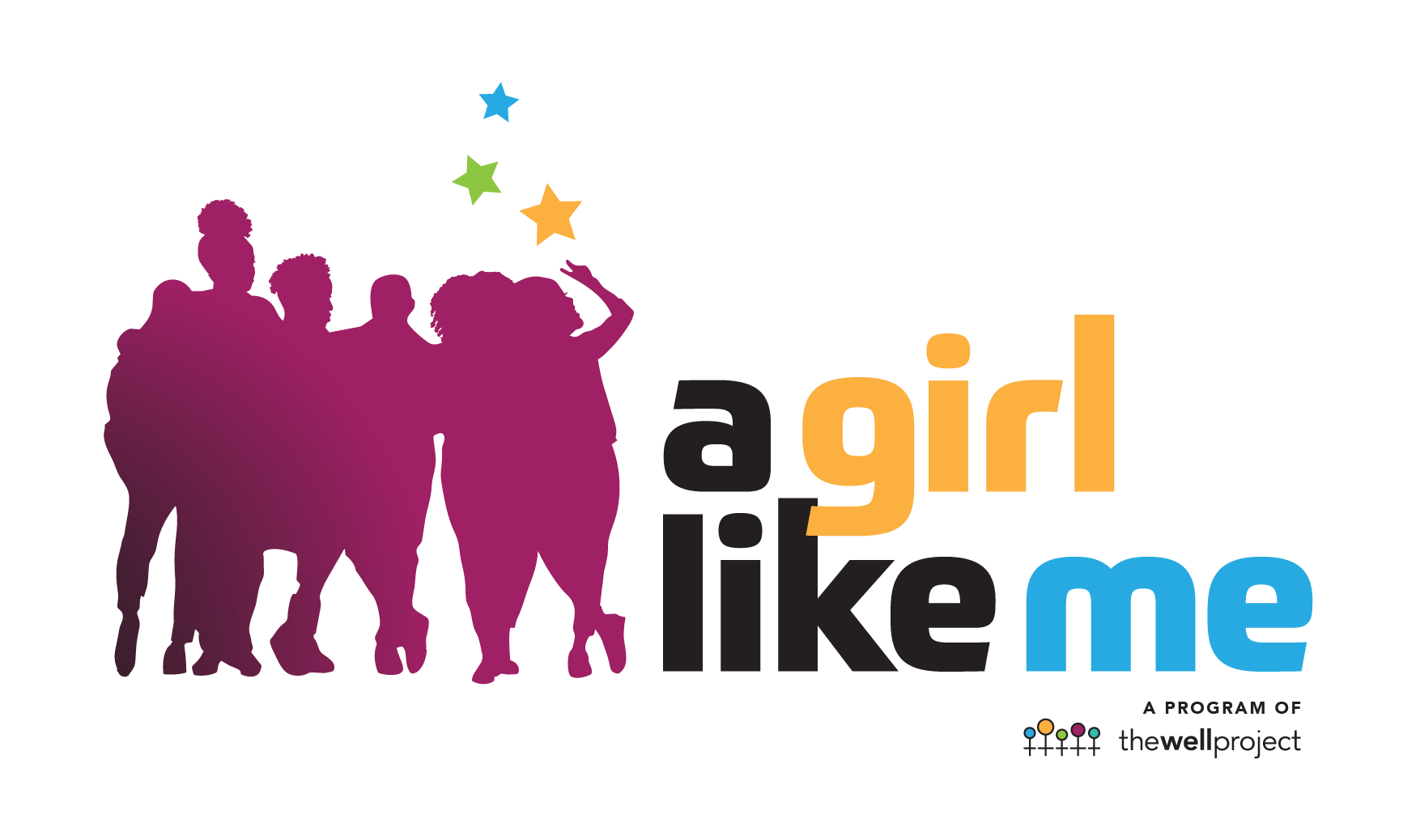



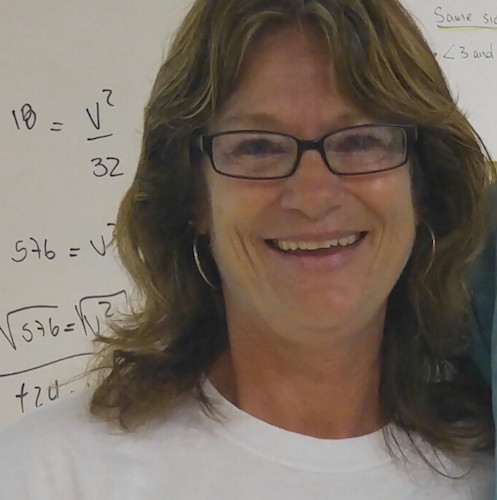
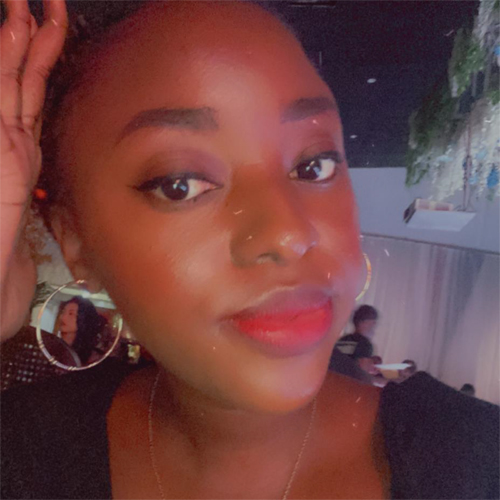

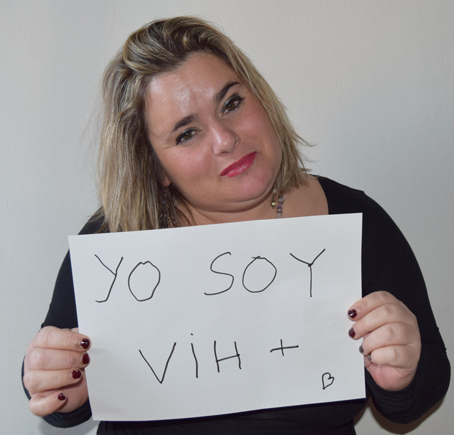
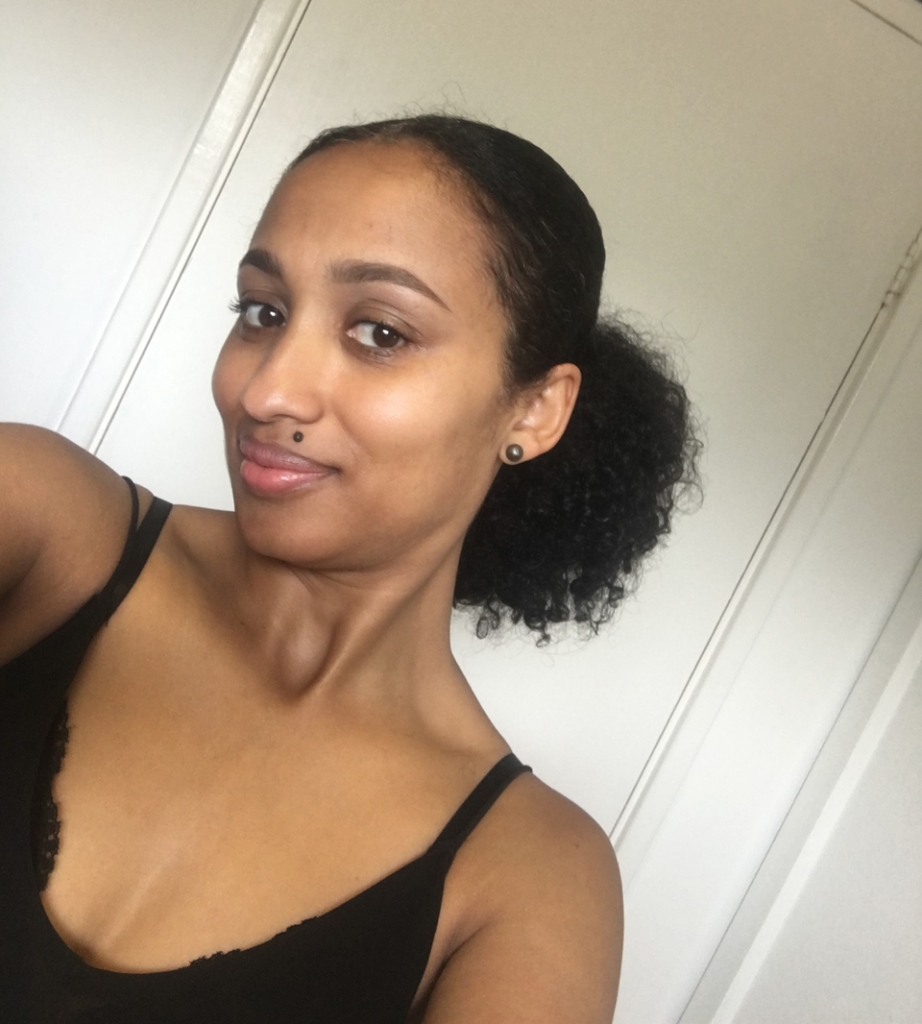
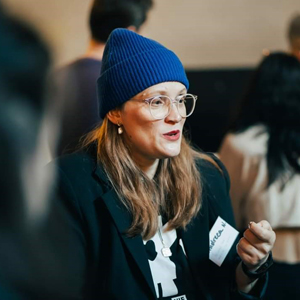

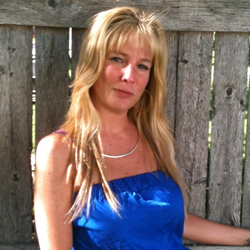
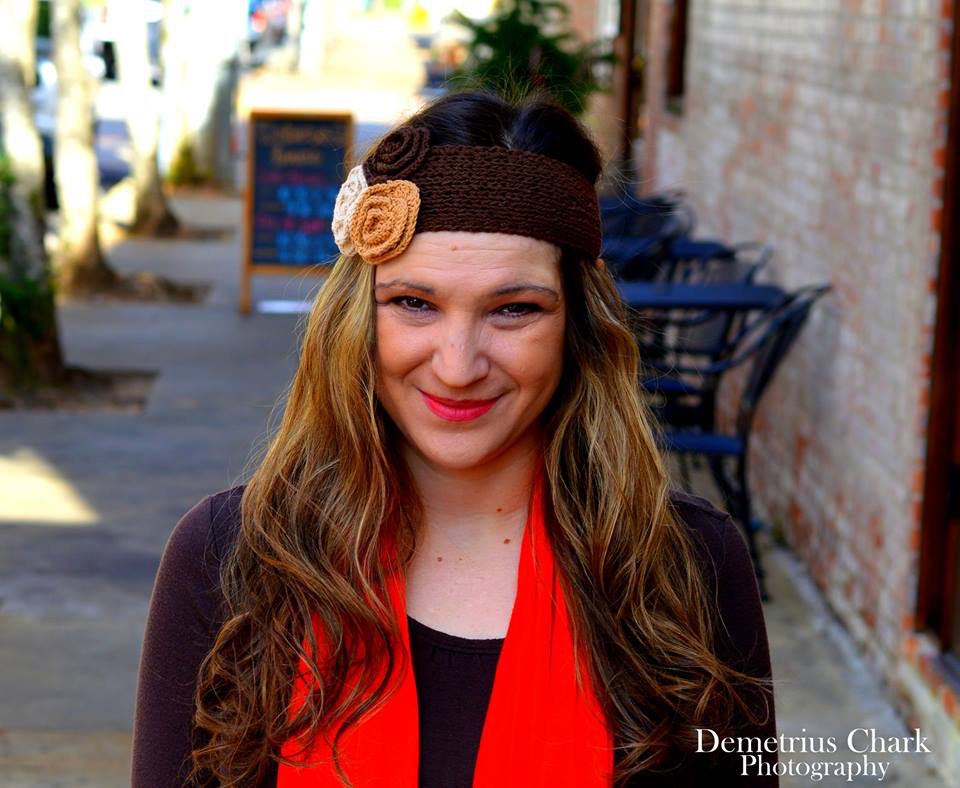
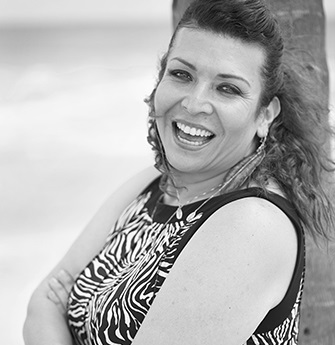
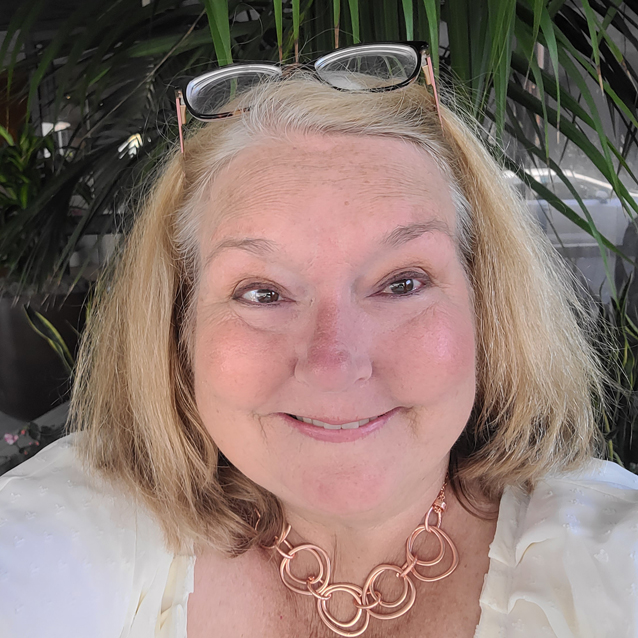
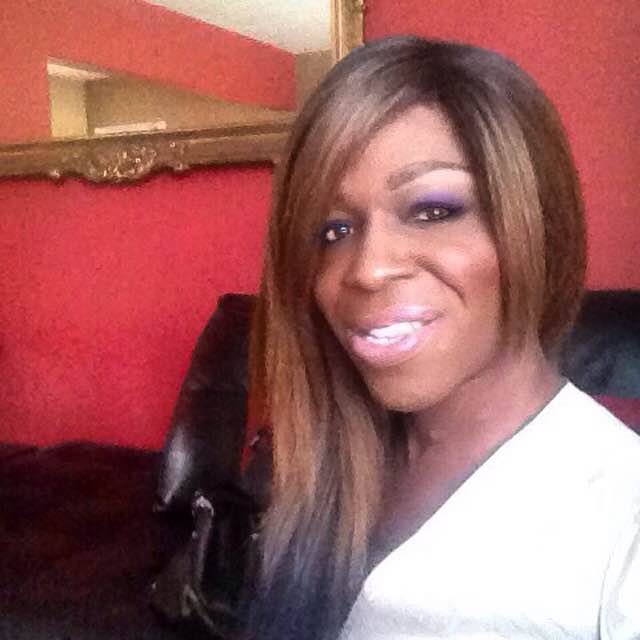
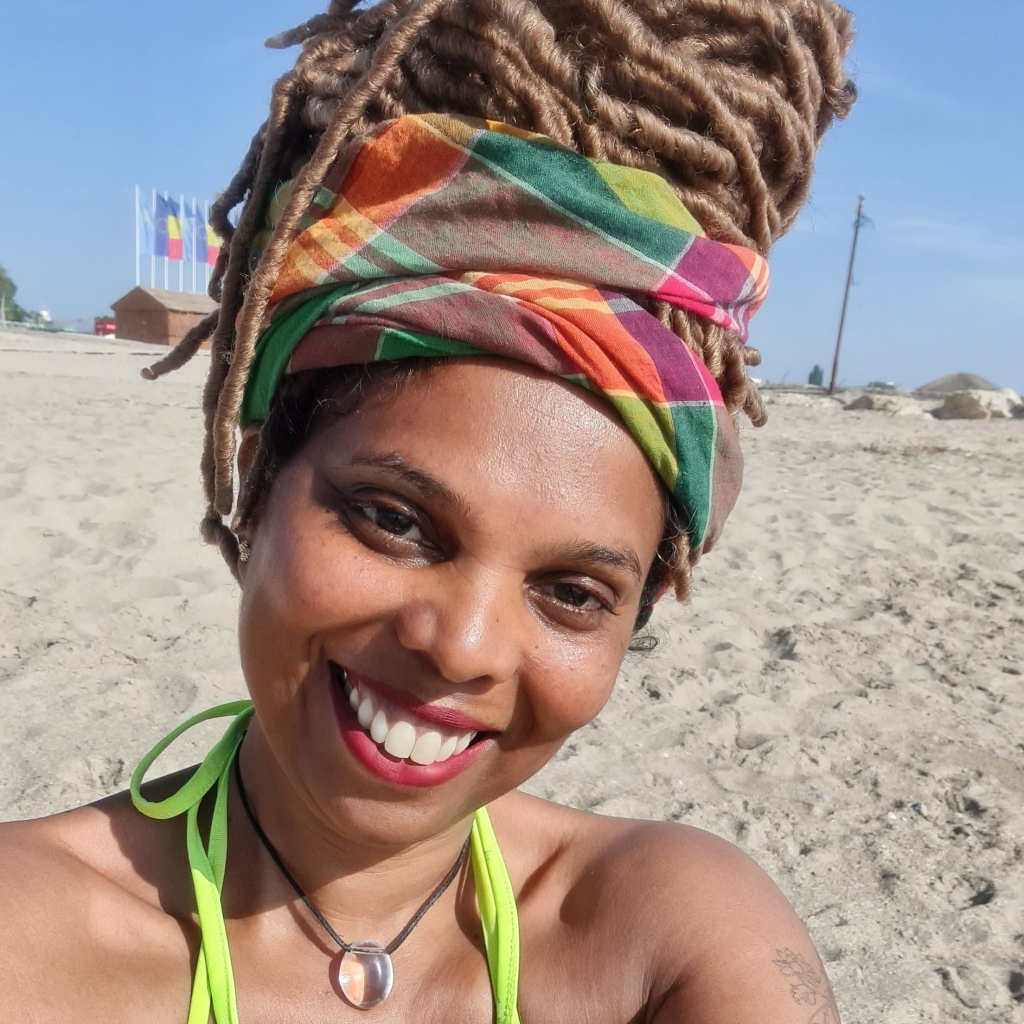
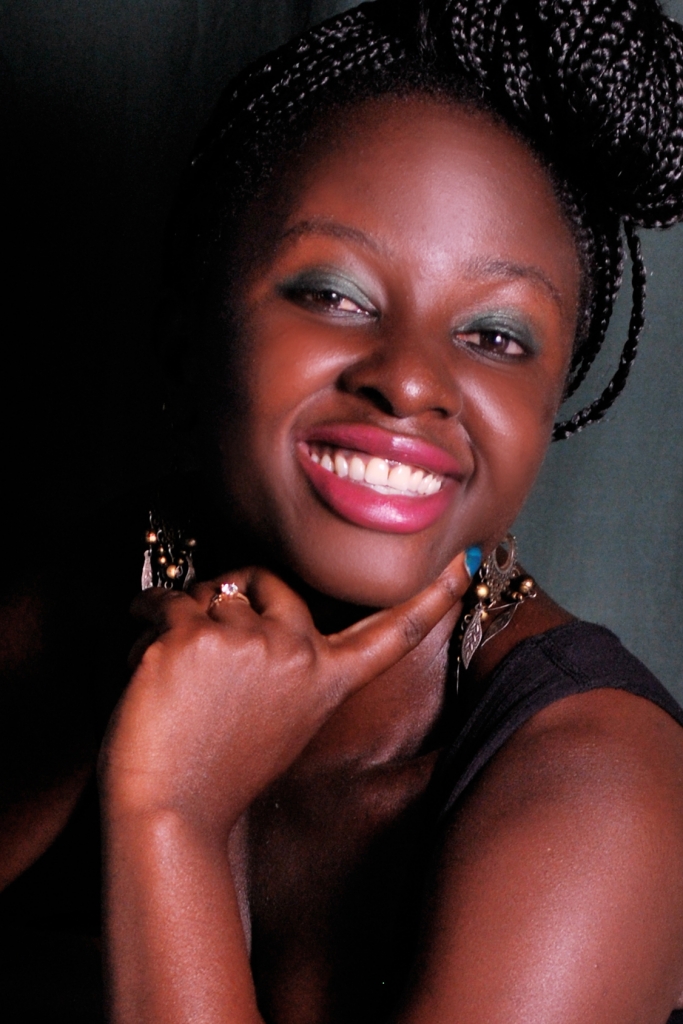
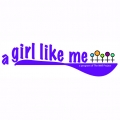
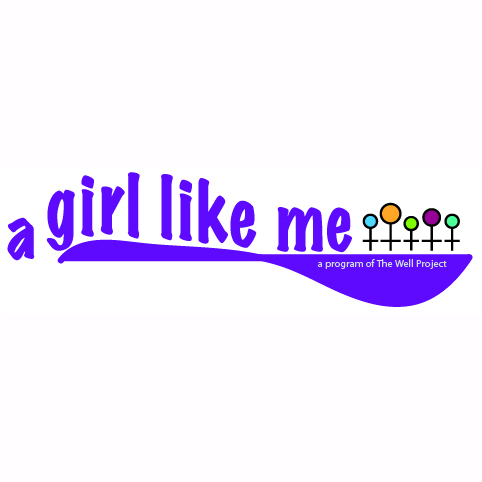
Thank you for sharing this quote, Vickie. Thank you for being my running mate.
Thanks so much, Lynn2011! I am glad to be here.
“When you come to the edge of all the light you know, and are about to step off into the darkness of the unknown, FAITH is knowing one of two things will happen: There will be something solid to stand on or you will be taught how to fly.” (Barbara Winter)
Grateful to have you as a running mate in this marathon.
Thanks so much for this blog post today. It is so full of hope, determination, reality and more. I'm so glad you are here.